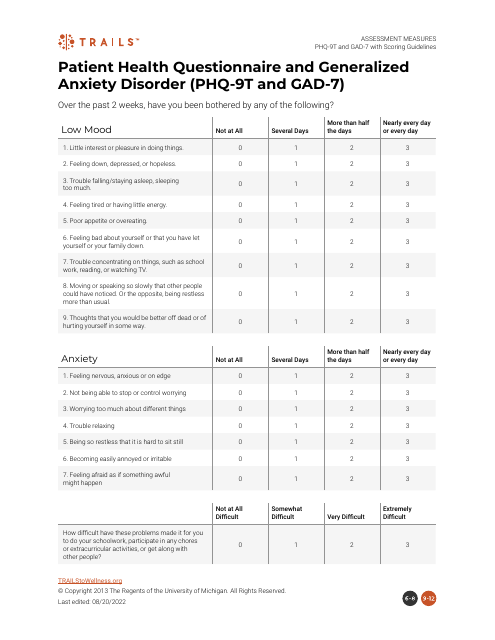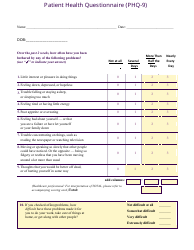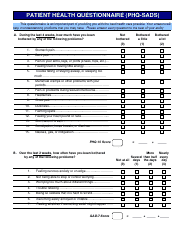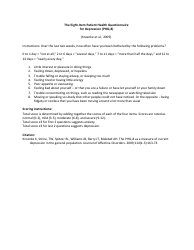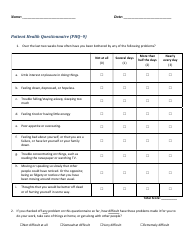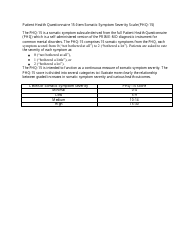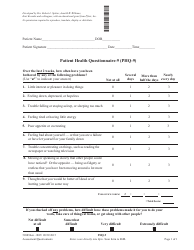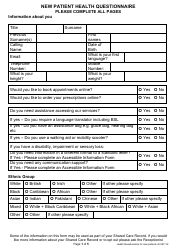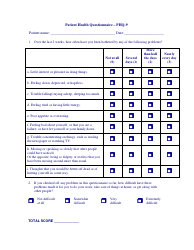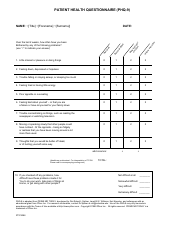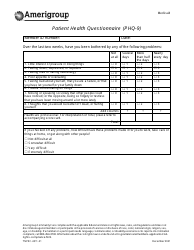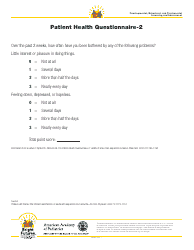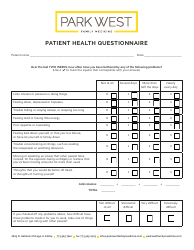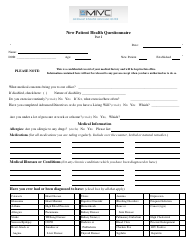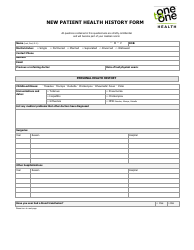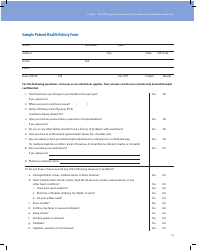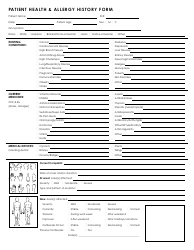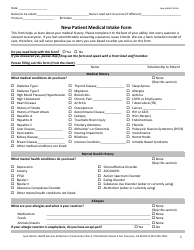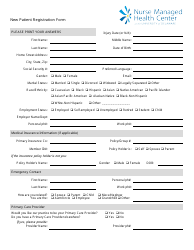Patient Health Questionnaire and Generalized Anxiety Disorder (Phq-9t and Gad-7) - the Regents of the University of Michigan
The Patient Health Questionnaire (PHQ-9) and Generalized Anxiety Disorder (GAD-7) are screening tools developed by the Regents of the University of Michigan. They are used to identify and measure the severity of symptoms related to depression (PHQ-9) and generalized anxiety disorder (GAD-7) in individuals. These questionnaires help healthcare professionals in assessing a person's mental health and determining appropriate interventions or treatments.
FAQ
Q: What is the Patient Health Questionnaire (PHQ-9)?
A: The Patient Health Questionnaire (PHQ-9) is a tool used to assess and measure the severity of depression symptoms.
Q: What is Generalized Anxiety Disorder (GAD-7)?
A: Generalized Anxiety Disorder (GAD-7) is a tool used to assess and measure the severity of anxiety symptoms.
Q: Who developed the PHQ-9 and GAD-7?
A: The PHQ-9 and GAD-7 were developed by the Regents of the University of Michigan.
Q: What are the PHQ-9 and GAD-7 used for?
A: The PHQ-9 and GAD-7 are used by healthcare professionals to screen, diagnose, and monitor the progress of depression and anxiety disorders.
Q: How do the PHQ-9 and GAD-7 work?
A: The PHQ-9 and GAD-7 consist of a series of questions that individuals answer to assess the severity of their depression or anxiety symptoms.
Q: Are the PHQ-9 and GAD-7 used in the United States and Canada?
A: Yes, the PHQ-9 and GAD-7 are commonly used in the United States and Canada as tools for assessing and measuring depression and anxiety symptoms.
Q: Are the PHQ-9 and GAD-7 available for public use?
A: Yes, the PHQ-9 and GAD-7 questionnaires are publicly available and can be used by individuals or healthcare professionals.
Q: Do the PHQ-9 and GAD-7 provide a diagnosis?
A: No, the PHQ-9 and GAD-7 do not provide a formal diagnosis of depression or anxiety disorders, but they can help healthcare professionals assess symptom severity.
